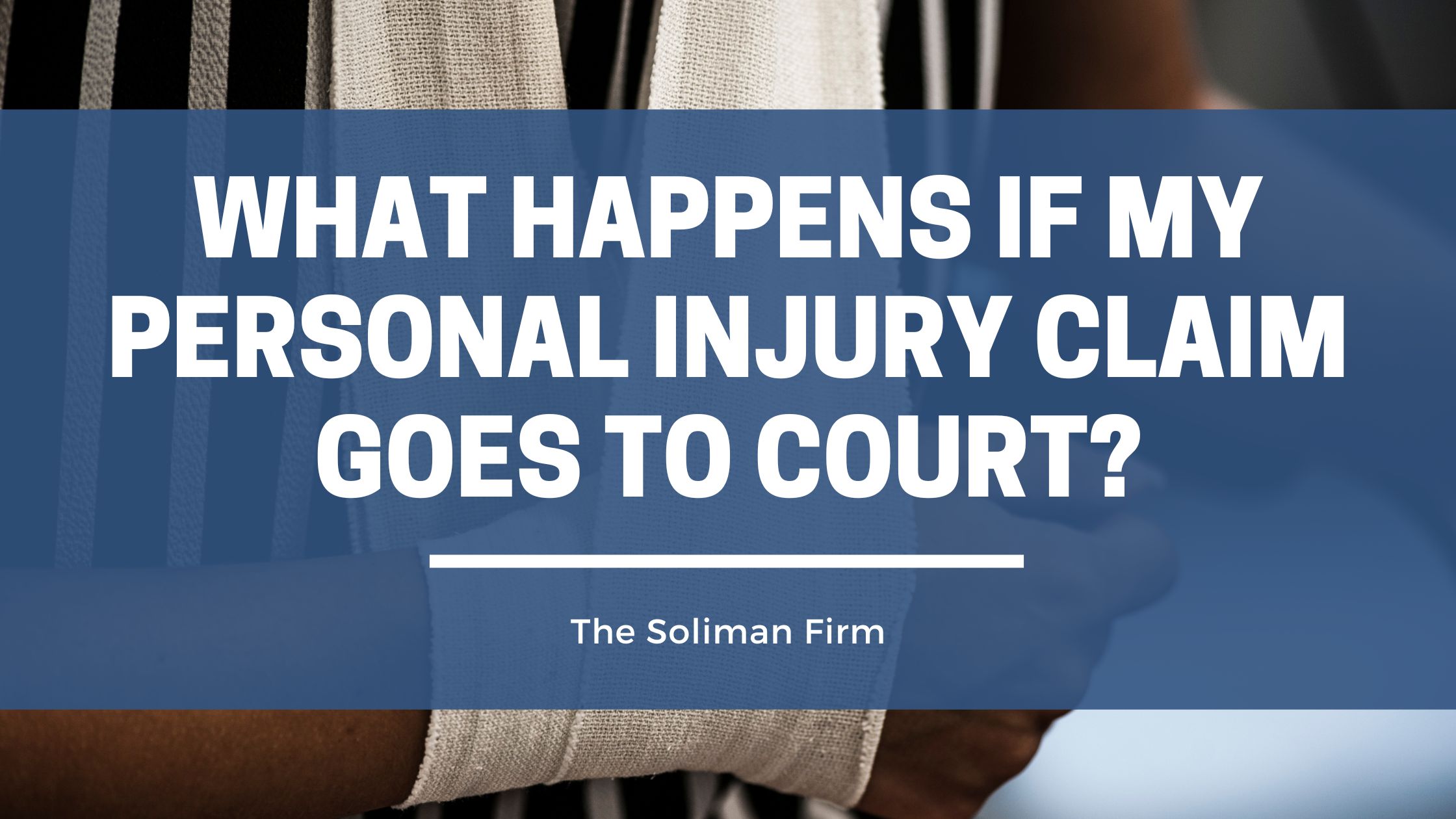
It is likely that you have to proceed to trial to recover a satisfactory settlement in your personal injury case. However, with a court case looming, insurance companies get more than willing to settle the matter with mediation. But if they persistently resist paying a fair amount, proceeding with litigation becomes indispensable. It can be an overwhelming procedure, so here’s a look at what really happens when your claim goes to court.
Seeking Compensation Can Be Tricky
Personal injury victims have the right to pursue compensation if they suffer due to someone else’s negligence. However, the processes can be intricate, and you may need a professional personal injury attorney to devise the right course of action. Their investigative, fault-establishing, and negotiation skills can prove invaluable to your case. Plus, having an expert by your side can make a world of difference to the final outcome.
A Trial Proceeding Is Often the Last Step
A majority of personal injury cases settle out of court. However, if there are liability disagreements or the settlement is unreasonable, initiating a court proceeding may be unavoidable. Filing a lawsuit is definitely optional, not an obligation, since both parties remain too far apart, and fighting for compensation via litigation is the only way out.
What to Expect
Most personal injury victims simply want to be compensated for their economic and non-economic damages and move on. But hearing the news of the claim going to trial can be scary. Indeed, the process is complicated, time-consuming, and involves several steps. So, here’s what to expect.
When your claim goes to court, a jury selected by the judge will overlook the case specifics and declare the final verdict. The personal injury case always begins with the plaintiff and defendant’s opening statements, with attorneys preparing the court’s mind for what’s to come. Both parties have set time to present their points, and the victim’s attorney often goes first.
You and your attorney are responsible for proving that the defendant acted carelessly, causing your injuries. To back your claims, your attorney can submit security or traffic camera footage, eyewitnesses, medical report, police report, and other relevant evidence to increase the chances of winning.
Once your presentation completes, the defense counsel makes their argument and presents the necessary evidence to support their version of the story. Finally, each side gets a chance to cross-examine witnesses, poke holes into each other’s strategies, and make closing arguments, swaying the jury in their direction.
When the decision is made, it is presented by the jury to the judge, who then reads it out to both parties. Your court proceedings can often delay depending on your case type, the evidence, emergencies, change of venue, scheduling conflicts, and change of attorney. Some cases may be settled within hours, whereas others can be drawn out and stretch for days or months.
Your Case Can Also End Up On Appeal
A personal injury trial doesn’t end with the verdict of the judge. The opposing counsel can also appeal to higher courts and argue that the judge made an unfair ruling. They can challenge the evidence and show their disapproval of the result. So, your case can take years to settle. If everything remains in your favor, the defendant can also be forced to pay compensation as the case escalates on the way to appeal.
Talk to an Injury Attorney Today For Better Assistance
Personal injury victims must realize that even though the chances may be low, their claim can go to trial. Perhaps, this is one of the most important reasons to hire a trial-ready attorney and put yourself at an advantage. An experienced personal injury lawyer will have the skills and resources to negotiate an anticipated settlement, sometimes even more. So, it is best to talk to a qualified personal injury attorney who understands the applicable statutes and can fight for your rights. Call The Soliman Firm at (714) 491-4111 for a free, confidential, and compassionate consultation today.
